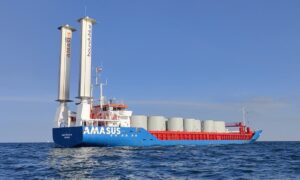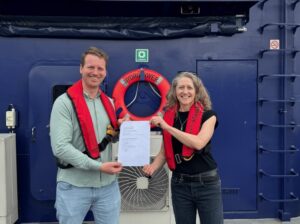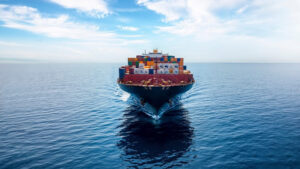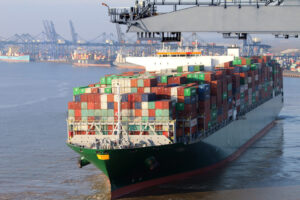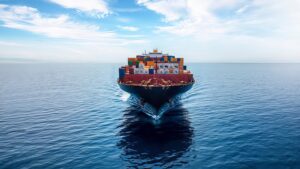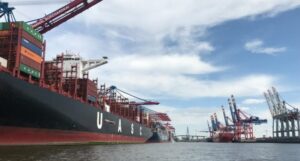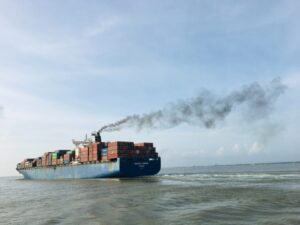South32 becomes Sea Cargo Charter’s new signatory
The Sea Cargo Charter (SCC), a global framework for aligning chartering activities with responsible environmental behavior to promote international shipping’s decarbonization, has added Australia-based mining and metals company South32 as its newest signatory.
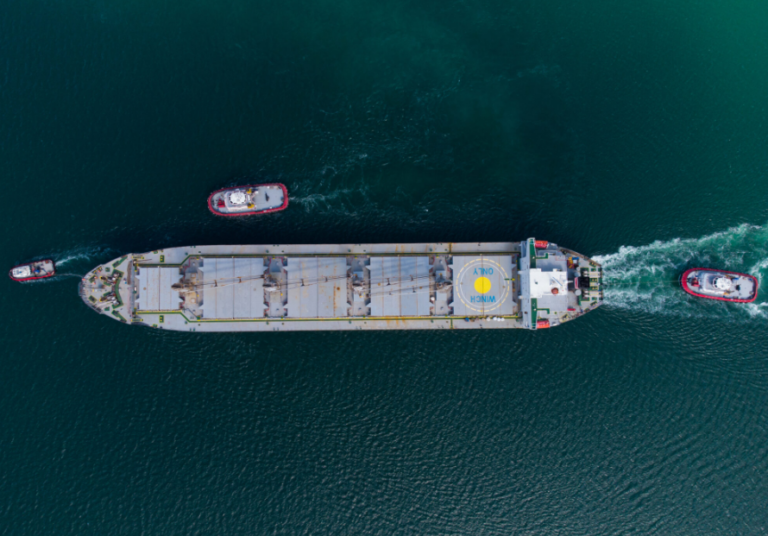
South32 produces commodities including bauxite, alumina, aluminium, copper, silver, lead, zinc, nickel, metallurgical coal and manganese from operations in Australia, Southern Africa and South America.
Maritime freight is said to be an integral part of South32’s supply chain. The company has a long-term goal to achieve net zero greenhouse gas (GHG) emissions across scope 1, 2 and 3 by 2050 and a medium-term target to halve operational GHG emissions by 2035, compared to its FY21 baseline.
In its 2023 Sustainability Development Report, South32 highlighted its efforts to reduce emissions from shipping, which include monitoring emissions data to understand costs and identify opportunities for increased efficiencies in shipping products and raw materials economically and responsibly, Sea Cargo Charter said, adding that the company is also partnering with suppliers and collaborating with customers to further GHG emissions reduction efforts throughout the value chain.
Rasmus Bach Nielsen, Sea Cargo Charter’s Chair and Global Head of Fuel Decarbonisation at Trafigura, commented: “With the inclusion of South32, the Sea Cargo Charter now represents over 20% of bulk goods transported by sea annually, marking a significant milestone in our growth and influence. This demonstrates our collective commitment to promoting sustainable shipping practices across the industry.”
Matthew Gillespie, Vice President and Head of Marketing at South32, stated: “Joining the Sea Cargo Charter is another step in our decarbonisation journey. By aligning to the Sea Cargo Charter’s global framework, we can better track our decarbonisation progress against the International Maritime Organization’s decarbonisation trajectory and our net zero goal.”
To note, at the beginning of 2024, the Sea Cargo Charter, which aims to reduce global shipping’s annual GHG emissions to net zero by around 2050, expanded its scope to accelerate shipping’s energy transition.

